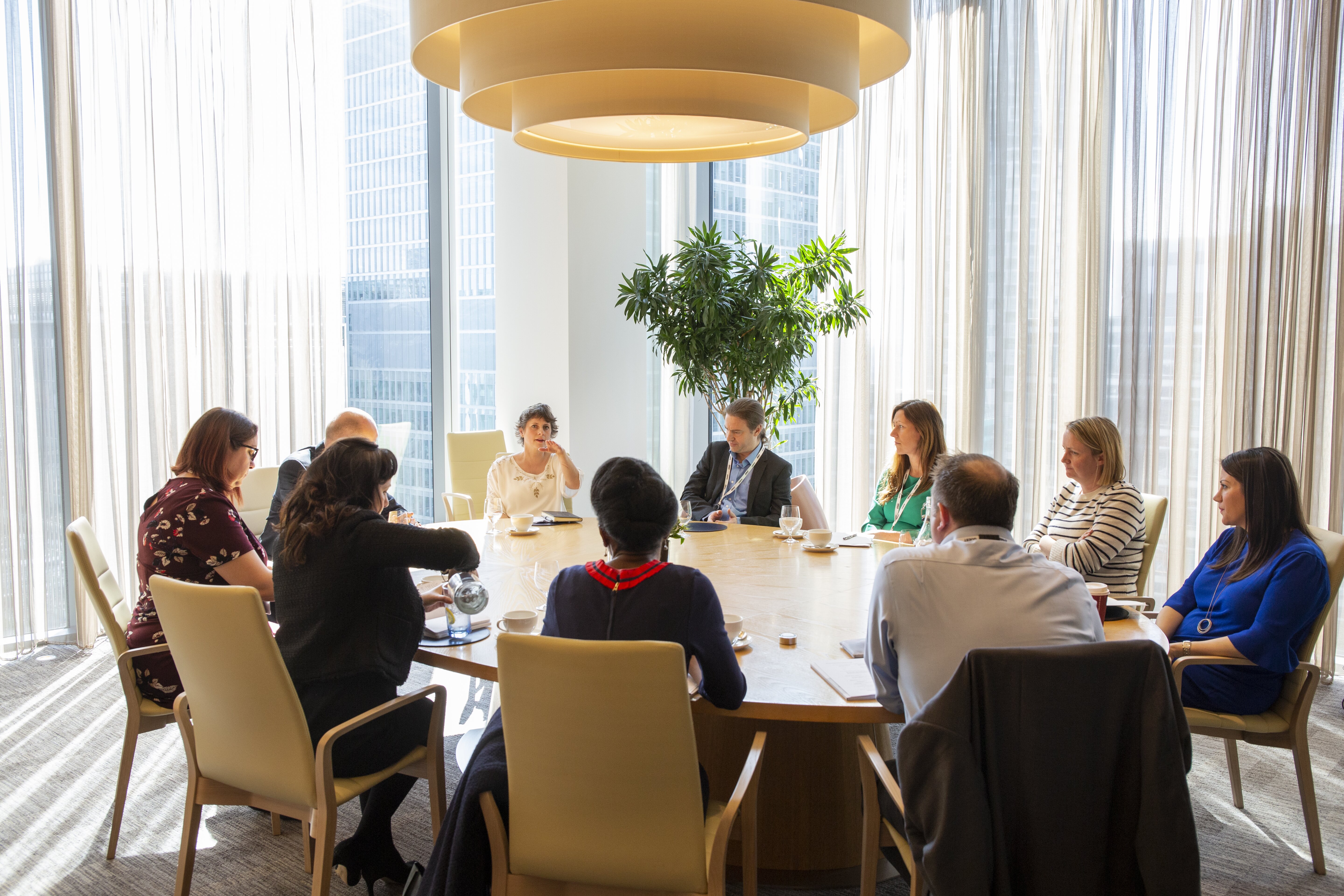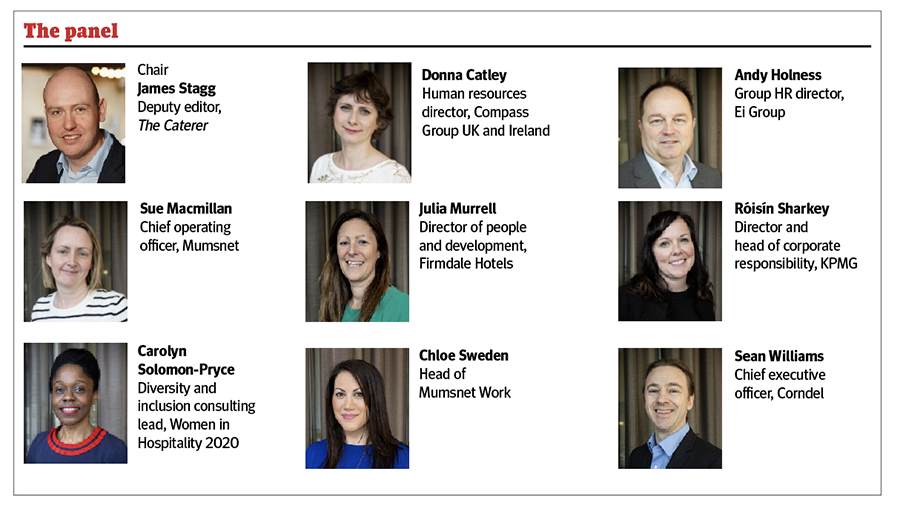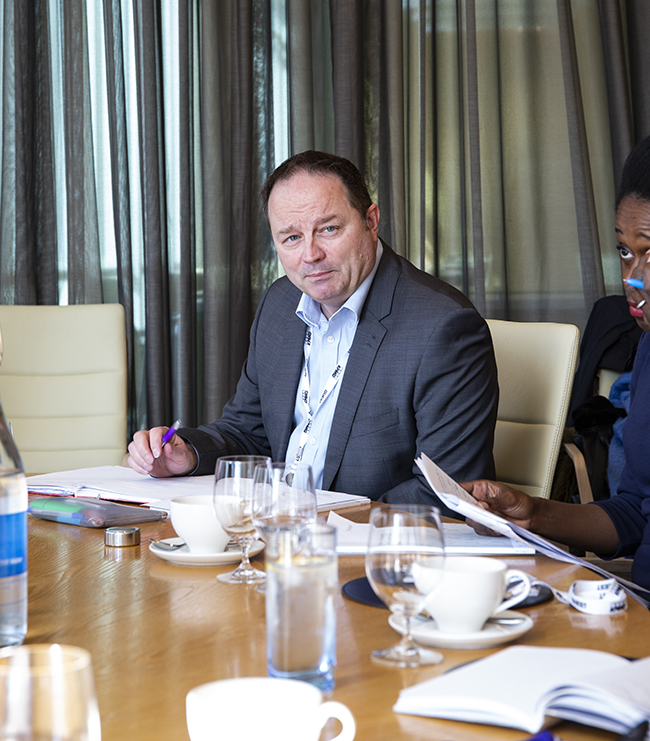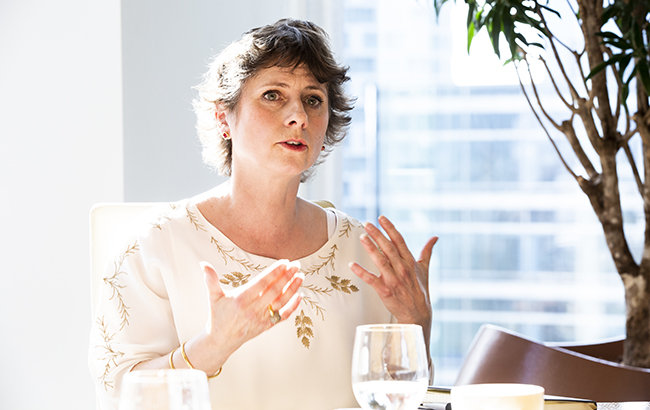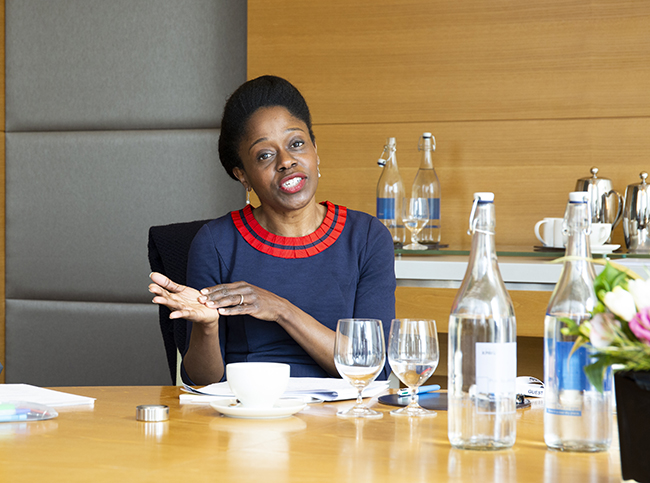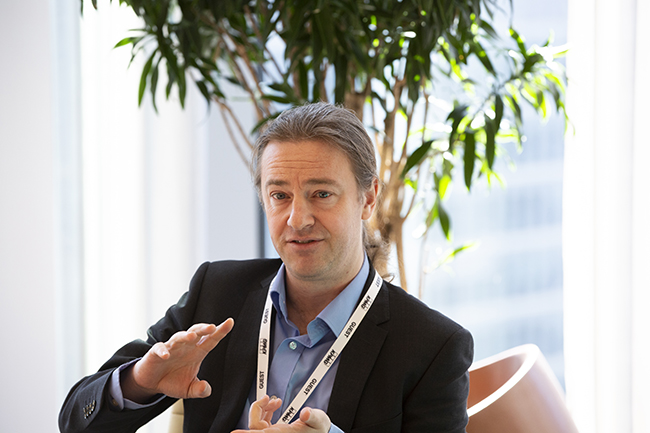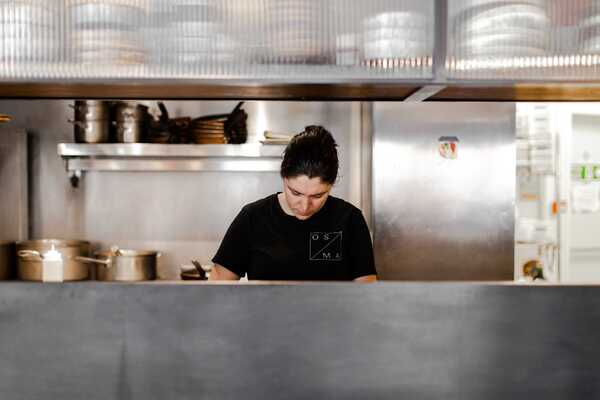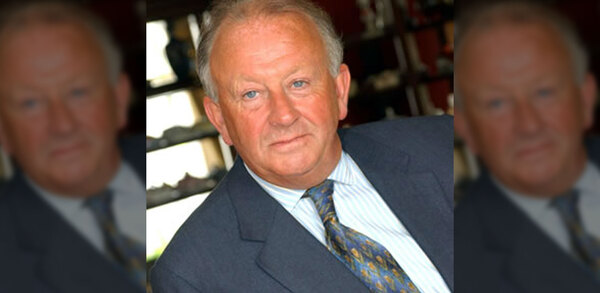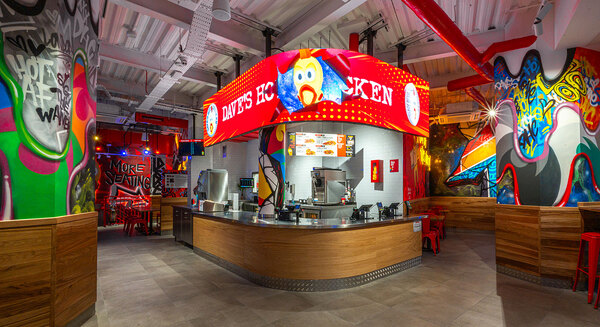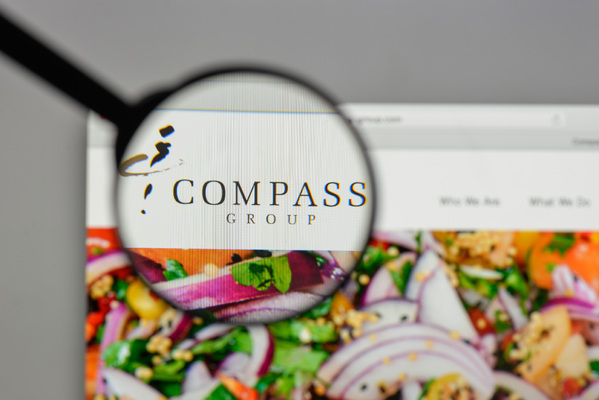Roundtable: How flexible working and job sharing with help retain your talent
With the battle to keep talent more competitive than ever, more companies are exploring options to help improve diversity in senior roles. In association with Compass Group UK and Ireland and sponsored by Quorn, a group of leading HR and operational professionals met at KPMG's offices to discuss flexible working, job shares and return-to-work programmes. Janie Manzoori-Stamford reports
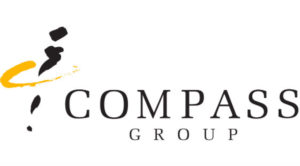
Sue Macmillan (SM): Having talked to companies in this industry, I think it does struggle more than some of the others. But no industry is nailing it at the moment. It's about the nature of roles. If you asked me if there's a silver bullet in this world, it's flexibility. That's one of the most important things and, in some roles more than others, it's harder to introduce. That's the challenge from an outsider's point of view.
Firmdale appears to be well represented in terms of women in leadership roles. How did that come about and how has the company incorporated diversity into its recruitment strategy?
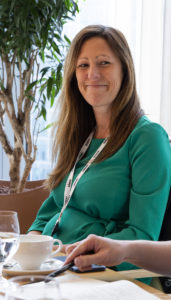
We have work to do with opening up that talent pool from a recruitment perspective. Candidates are now coming to us and saying they can only work between set times on specific days, but the challenge has been around getting managers within the business to understand what that looks like on a rota. It's obviously easier in our hotels with bigger teams, but that's really where we put the focus.
Where is Ei Group in terms of representation?
Andy Holness (AH): Our managed arm has quite a nice gender balance but the leased and tenanted half of the business is where our challenges lie. Within that group we employ 100 regional managers (RMs), who look after around 40 pubs each, and 88% are male. The RM is a standalone role, so we don't have junior roles developing into it and when we experience turnover, we pull in that talent from other pub companies. We're trying to break that cycle of line managers thinking they need a ready-trained replacement right away, and instead encourage them to look at the behaviours of the individual and recognise that they can teach the technicalities.
Róisín, you operate a job share at KPMG. Was that sold to you by the business or something you requested?
KPMG was open to us finding a solution because it is a full-time role. The power of two gets talked about quite a lot. My job-share partner and I have worked together for five years and we have complementary skill sets. When we took our proposition to KPMG they bit our hands off. The company launched a return-to-work programme in 2017, partly because they knew they would be losing their pipeline of talent otherwise.
Since returning I've been given a coach and the support to balance my home and work life, as well as a slow integration back to work. That support happens at all levels of the business.
Flexibility sounds easier to talk about than it is to implement. How do you manage that?
SM: Line managers are critical. I've spoken to many organisations that have a flexible working policy, but if their line managers aren't behind it, it doesn't work. Equally, I've spoken to organisations whose flexible working policies aren't as far along but they have managers who are really committed to it and want to make it work because they can. It is about getting people to think in terms of output being the most important thing rather than the number of hours put in.
Donna Catley (DC)
Chloe Sweden (CS): The other thing about flexibility is understanding that everybody's flex is different. Some people want to do the morning school run, others want to be around for bath time. Some are looking after ill relatives and others have dogs that are an important part of their lives. Putting a flexible working policy in place is important, but it is about first understanding each individual's need for flex.
JM: People have to be flexible with us as well. I have a learning and development manager who had twins last summer. His role is full time and I lived in fear of wondering how it would work if he asked to work one day a week from home, which he did. But for him to spend a day at home, to create what he needs to, is absolutely brilliant. If there's a meeting that he needs to be at, he switches his day. That's what I mean by this flexibility needing to work both ways.
What should hospitality businesses consider if they want to improve their diversity and inclusion policies?
Carolyn Solomon-Pryce (CSP): Every organisation should look at how their policies are integral to the business. Flexible working should transcend throughout the organisation, rather than just be something that HR has to deal with. If the top executives are working flexibly, then they automatically become role models to every other part of the business. It's important that it's something that's seen as readily available to all, not just a select few.
SM: I think a reluctance to embrace flexibility is a proxy for bad management. If you are genuinely worried about somebody not doing the job you need them to do in the hours that work best for them, should they really be working for you?
What else is required to support gender diversity in a business in addition to flexibility?
DC: When we asked this of women in Compass, another thing that came up was support, especially around certain points in their career such as the periods surrounding their maternity leave. They also talked about the ability to have someone fighting your corner and be your voice in the organisation, to be your sponsor or your mentor, so that you don't get lost in the system.
Last year Women in Hospitality launched a charter (WiH 2020) to increase the number of women in senior hospitality roles. Are these goals that all organisations can work through and how are they evolving?
CSP: They will change as time goes on. WiH 2020 is very much about collaborative working. We have a HR leaders steering group and there are a number of work streams that have come out of those discussions. As priorities are identified, further work streams will evolve and the same is true for the areas of priority within the charter. It has to feel like an organic process, rather than a box-ticking exercise.
Earlier this year Compass Group partnered with Mumsnet and Corndel to launch a new back-to-work programme for parents. How is that going?
DC: We could see that we were losing women within two years of returning from maternity leave, which is no better but certainly no worse than other organisations. That was the genesis of the partnership we set up with Corndel and Mumsnet, which we launched on International Women's Day. It's had a hugely positive reaction that's been incredibly moving.
Sean Williams (SW): About 40% (800) of the students on our current leadership management programme are women. We always do a starting point analysis but we've profoundly changed the way we do it. We used to ask people to self-rate on a series of measures, but we found there was a discrepancy between the way men and women self-rated. The difference was unbelievable. The average for men was about nine and a half out of 10 for most characteristics, whereas for women it was about three and a half out of 10. We now use 360 degree feedback, which is giving a much more balanced perspective.
SM: Sadly, there's a confidence issue among women compared with men. In particular, women who return from maternity leave doubt themselves. I've had very senior women ask me if I think they can still do their job, which is heartbreaking.
Once you've been through the 13-month intense training course - which you do on the job with coaching support and the ability to network - you are going to have the confidence to apply for senior positions that come up within your company.
And hopefully, it's a way to help organisations close the gender pay gap in the short to medium term. Most have 10- to 15-year strategies because they're looking at graduates. We think this course has the potential to start moving the dial within two to five years.
Has the gender pay gap helped to focus minds?
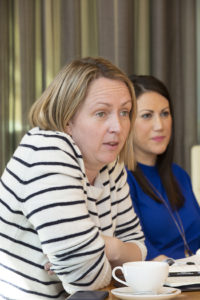
DC: But if you're not careful, the gender pay gap will push companies to chase the number. The difference in Compass is that there has been a genuine commitment. That's what has helped us to reduce our gender pay gap from 12.3% to 9.9% - not because we had to publish a report by a specific date in April or post on a government website.
We've talked about attracting talent, but how important is staff retention as a diversity and inclusion strategy?
CS: I would hope that as an organisation, you believe you have the best talent, which helps give you a competitive advantage over your nearest rivals. If you believe you have the best talent, you would do anything to keep those individuals, right? If âBob' needs - actually, if he wants - one day at home to be there for his children, his mum or his dog, then that's the right business decision to make, because if he went to a competitor, you're in a worse position. That is really important to always keep front of mind when you're thinking about employee retention, especially around the gender debate.
DC: It's also important for organisations to understand that sometimes a woman's career actually has a different arc to a man's. The concept of off-ramping and on-ramping is really important to recognise. A woman's career can sometimes take a slightly different, more meandering route, because there are points in their life where actually they do want to be at home or they do have other priorities. Our organisations need to recognise that and also keep them in the workforce, whether that's for five days or one day a week. If you keep those women, the loyalty you get from them will be quite extraordinary.
CSP: I always talk about diversity and inclusion as being very distinct: diversity is when you're asking someone to the party, but inclusion is about asking them to dance. It's important to ensure that women who are returning to the workplace after a career break, for whatever reason, feel like they are making a contribution to the discussion.
The Best Places to Work in Hospitality 2019 >>
The Caterer roundtable: why accessibility makes business sense >>



